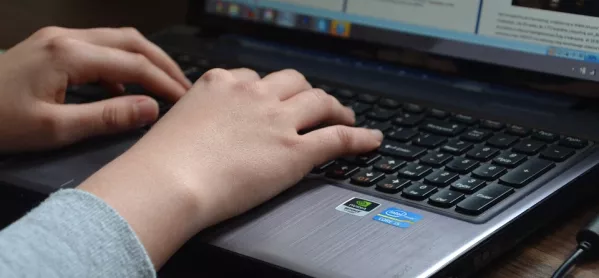A computer science teacher who falsified pupils’ coursework has been spared a teaching ban partly because he is a specialist in a shortage subject.
Stephen Ivey was found to have added extra lines of code in controlled assessment work for GCSE computer science and allowed pupils to submit “exemplar work” as their own at Bromfords School and Sixth Form College in Essex.
A Teaching Regulation Agency report said that Mr Ivey was guilty of unacceptable professional misconduct and had acted dishonestly in adding additional lines to pupils’ work before it was moderated.
However, he has not been banned from teaching after the agency report highlighted that he was a “specialist teacher in the shortage subject of computer science” and also had “spent a significant amount of time teaching in a specialist school for children with dyslexia”.
The Teaching Regulation Agency panel said the incident was out of character and that Mr Ivey was genuinely remorseful for his mistakes.
Their report added: “He was undertaking his role under significant stress and has already suffered significant consequences due to his actions.”
It noted that the examination board have “effectively applied a two-year debarment” to Mr Ivey administering any Pearson assessments.
Dawn Dandy, making a decision on behalf of the education secretary, said that a banning order was not necessary in order to maintain the public’s confidence in the profession.
The hearing related Mr Ivey’s actions as a computer science teacher at his former employer Bromfords School and Sixth Form College in 2016-17.
The Teaching Regulation Agency panel found it proven that he had added additional lines of computer programming codes to one or more pieces of work during controlled assessments.
He was also found to have given pupils access to exemplar work during controlled assessment and allowed pupils to submit exemplar work as their own.
The panel found that he had acted dishonestly in making additions to pupils’ work.
The report said: “Mr Ivey falsified the relevant documents. He altered them and misled those internally moderating them into believing they were entirely the work of the relevant pupils.
“We find, having established his state of mind in this regard, that such conduct would be considered dishonest by an ordinary decent person and was therefore dishonest.”
It found that allowing pupils access to exemplar work during controlled assessment lacked integrity but was not dishonest.
It also rejected an allegation that Mr Ivey had provided improper assistance to pupils doing ICT BTEC Level 3 work.
Mr Ivey had denied all the allegations made against him.




